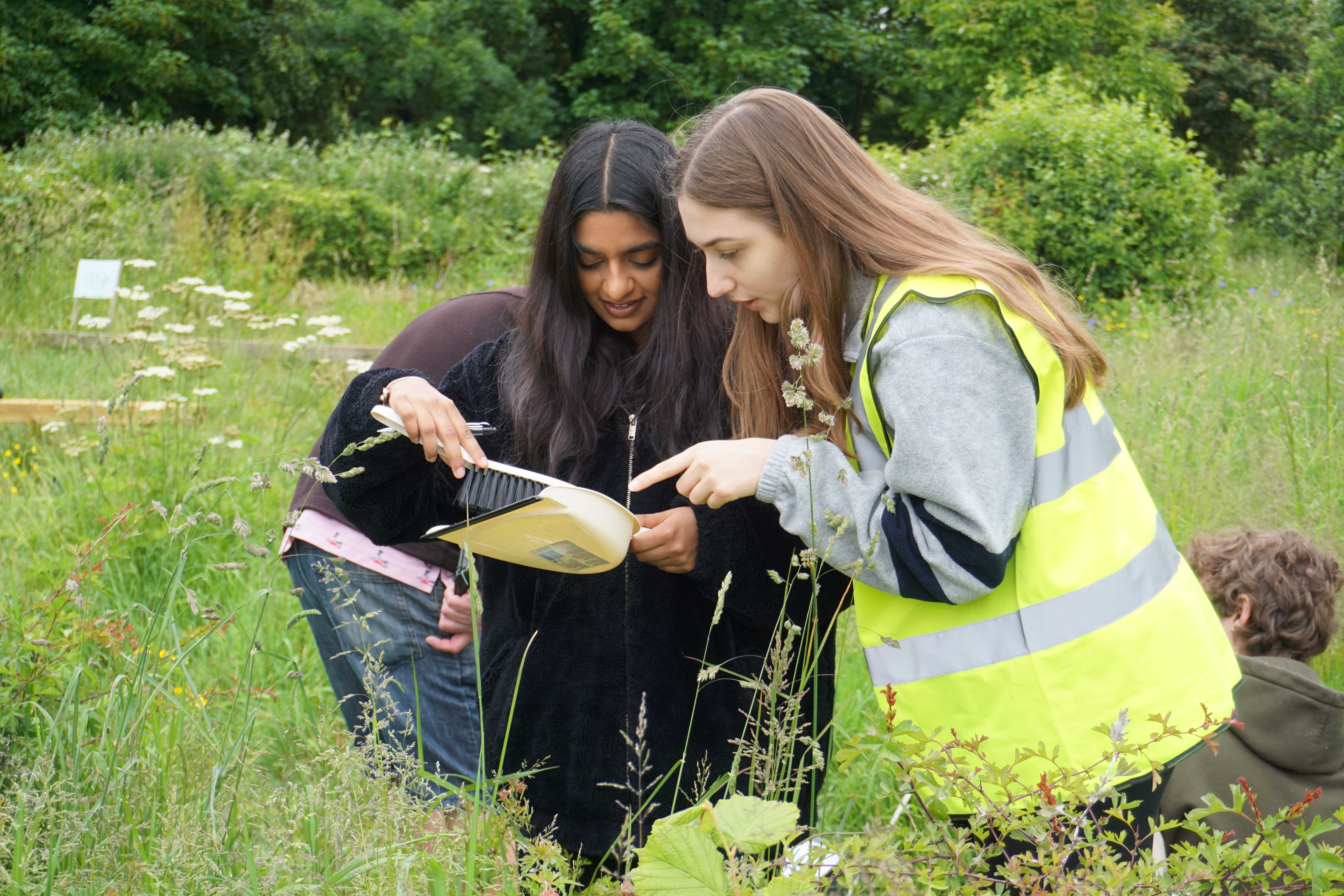York Interdisciplinary Modules (YIMs) offer our students the opportunity to develop skills and experience in working across disciplines on sustainability challenges.
Our York Interdisciplinary Modules (YIMs) are elective modules that allow students to work collaboratively in multi-disciplinary teams to solve local, regional and global sustainability challenges. Students are taught by academics from different departments and work in groups with students from across the University, allowing them to apply their expertise to these challenges and learn from students and staff from other disciplines.
Established by Environmental Sustainability at York (ESAY), there are currently four sustainability-related YIMs available for undergraduate and taught postgraduate students to take in 2025/26 (subject to department availability/timetabling constraints).
Award-winning modules
In 2024, our YIMs were awarded a national Collaborative Award for Teaching Excellence (CATE) from Advance HE. The award has been made in recognition of the ESAY-YIMs team’s value-based approach to collaborative, interdisciplinary programme design, teaching and learning.
YIMs prospectus 2026-27
Read our latest York Interdisciplinary Modules prospectus to find out which elective modules are available to choose next year.
YIMs Prospectus 2026/27 (PDF ![]() , 1,003kb)
, 1,003kb)







